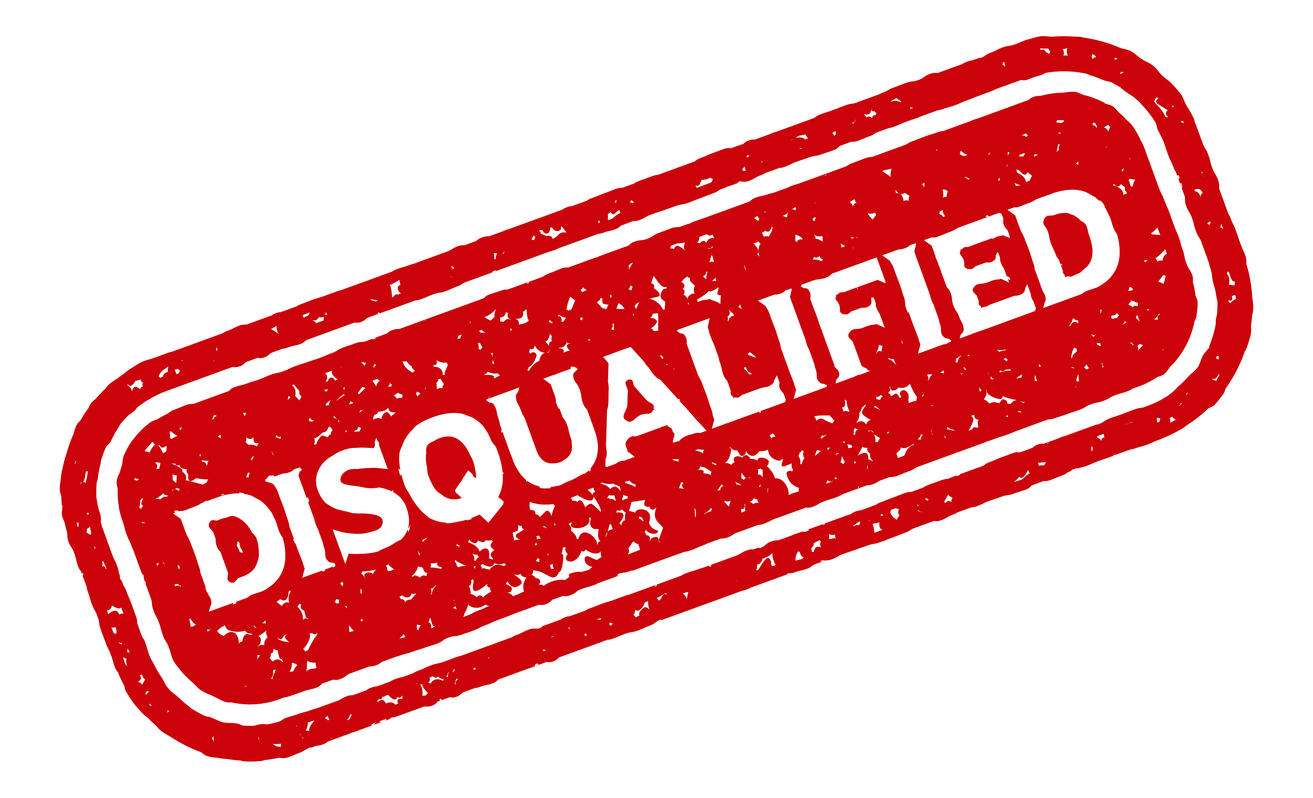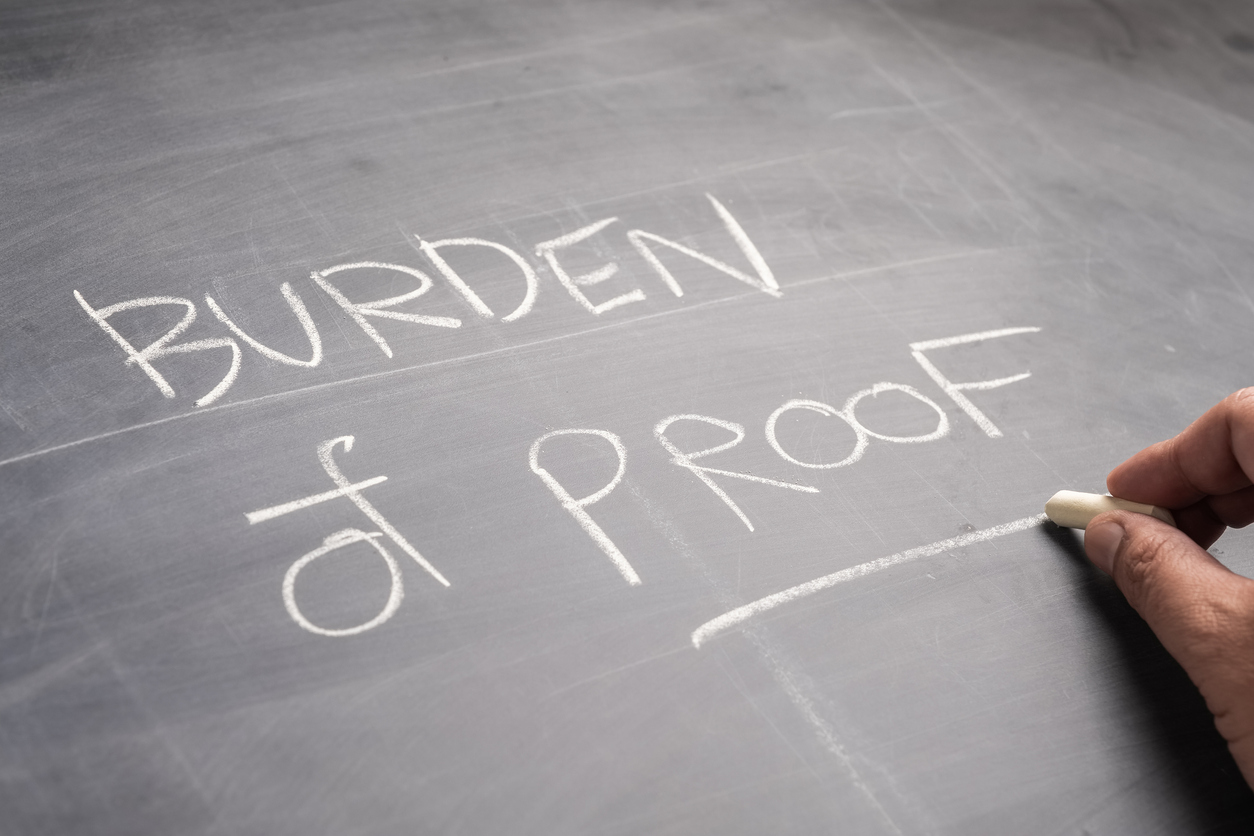Most policyholders understand that if their insured property suffers damage as a result of a peril covered under their insurance policy, their insurance carrier will pay for that damage. Simple, right? Well, if it was really that simple, I probably wouldn’t be writing this post. Interestingly, there are various theories regarding what “triggers” insurance coverage. In Texas, several theories exist, including the manifestation trigger, the exposure trigger, the continuous trigger, and the injury-in-fact trigger. Today, I will discuss the manifestation trigger.
In Allstate Ins. Co. v. Hunter, 242 S.W.3d 137 (Tex.App.—Fort Worth 2007, no writ.), the policyholders noticed an odd smell in their home in the summer of 2002. The policyholders’ HO-B homeowner’s policy expired in October 2002, and they replaced it with an HO-A policy. The strange smell continued, and in December 2002, the policyholders hired a company to conduct air sample testing which revealed no elevated mold content in the air and offered no explanation for the smell. In February 2003, a general contractor inspected the policyholders’ home and found water damage and mold in the crawlspace under the home. The policyholders testified that this was the first they knew of the mold damage or that the source of the odor was mold. Two days later, they notified Allstate of their claim.
Allstate denied coverage under the HO-A policy because the policy only covered “sudden and accidental” plumbing leaks. Eleven days later, the Hunters requested that Allstate treat their claim as one under their prior HO-B policy. Allstate denied the Hunters’ claim under the HO-B policy based on the Hunters’ failure to comply with the condition of the HO-B policy requiring prompt notice of the claim.
The Hunters sued and prevailed at the trial level, and Allstate appealed. On review, the Texas Court of Appeals analyzed the word “trigger.”
The word ‘trigger’ is used in the insurance context as a term of art meaning the even that activates coverage under one or more insurance policies. The trigger of coverage problem arises in determining exactly what must take place within the policy’s effective dates to trigger coverage. Id. at 140 (internal citations omitted).
The Court noted that:
No Texas state appellate court has discussed which of the trigger of coverage theories should apply to a first-party claim under a standard homeowner’s insurance policy based on continuing or progressively deteriorating damage to the insured’s dwelling. Id.
However, the Court concluded that the language of the Hunters’ HO-B policy supported the notion that the manifestation trigger of coverage theory applied. See id. at 142.
After evaluating all of the facts, the Court decided that:
The evidence does establish that the damage to the Hunters’ home may have occurred prior to October 6, 2002. But, using the proper case law definition of ‘manifest’—that is, when the damage was capable of being easily perceived, recognized and understood—there is no evidence that the damage manifested prior to that date. Id. at 146.
The Court went further to state that the damage did not manifest until February 2002, when the Hunters’ general contractor found it in the crawlspace under the Hunters’ home.
The Hunters argued that damage manifests when one is able to perceive it with his/her senses, and that the mold manifested when the Hunters first smelled in it in the summer of 2002. The Court was not persuaded by that argument:
The problem with this argument is that if the damage manifested itself on the date that the Hunters smelled it, then that is date [sic] on which the Hunters’ duty to notify Allstate of this claim was triggered. The Hunters did not notify Allstate of the mold smell until February 6, 2002. … If the Hunters had filed a claim with Allstate in the spring of 2002 when they smelled what turned out to be mold, there is no question that their HO-B policy with Allstate would have covered the claim.
So the lesson for today is to report anything odd or unusual on your property to your insurance carrier as soon as you discover it. This includes smells, sounds, or anything that doesn’t look or feel right. If you delay, you may find yourself in the same position as the Hunters: without coverage under the manifestation trigger of coverage theory.



